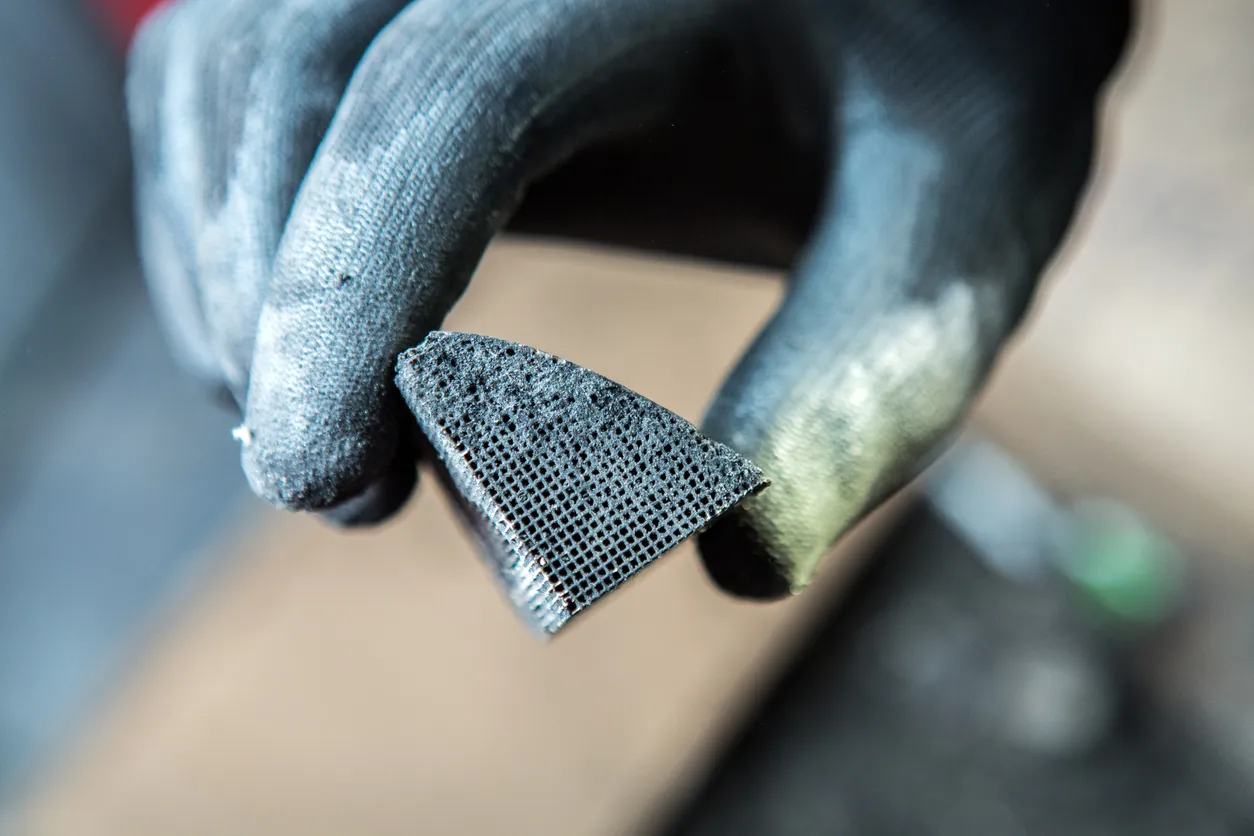Know the Causes of a Catalytic Converter Clog in Your Audi
If you have ever had a clogged sink, you know how stubborn it can be to clear out. Also, when the drain is stuck, you know how frustrating it is to not be able to use the sink. When the clog is related to a vehicle, however, the consequences can even be fatal. A clogged catalytic converter puts the health of your vehicle and your passengers at risk, not to mention the environment.
In order to fully enjoy the perks of driving a luxury car such as an Audi, the most important aspect is to keep all the parts functioning optimally for the safety of the driver and passengers. In the article below, we will discuss the catalytic converter, what it does, and how to get repairs if you think your Audi may have a problem with this important component.

What is a catalytic converter clog?
A catalytic converter is a module that is located near the end of the exhaust system. It contains a variety of chemicals that serve as catalysts to react with harmful exhaust byproducts to produce gases that are less dangerous. As expected, a catalytic converter clog is the event where the catalytic converter becomes clogged and therefore is no longer able to prevent harmful gases from being released. In severe cases, the clog can even prevent exhaust from flowing out, causing pressure to build up within the engine.
As such, catalytic converter clogs are particularly dangerous because a complete clog may prevent gas from exiting the vehicle so that fresh air cannot enter the vehicle. This causes the engine to shut down since there is no oxygen present for the combustion of fuel. Not only is this extremely dangerous in the middle of the road, but it also requires immediate attention if you intend on using your vehicle any time soon.

*A mechanic holding a piece of broken catalytic converter.
Causes of Catalytic Converter Clogs
Since the catalytic converter is relatively small and is intended to work only with gases, any liquids or solids that enter the system can easily cause a blockage and cause the component to fail. Moreover, the catalytic converter consists of a honeycomb structure, so any solids that enter the exhaust are bound to get stuck and contribute to the clog.
Although the intended use of the catalytic converter is to trap gases only, other problems in the fuel combustion process may cause liquids such as unburned fuel, engine oil, transmission fluid, or antifreeze to enter the emissions. These may be caused by a number of reasons, but the most likely of them is a leak in any of their tanks. In the case of unburned fuel, the cause may be from a malfunctioning timing belt or fuel injector.
Dealing with Catalytic Converter Clogs
Since the cause of the catalytic converter clog can vary greatly with every case, it is important to identify the reasons why your particular catalytic converter has failed when looking for solutions. That is because simply replacing the catalytic converter might not fix the problem in the long-term since it will clog up again eventually due to other problems in the car.
Given the complexity of not only figuring out what caused the catalytic converter clog but also how to fix the problem that caused it, it is highly recommended to seek professional advice. The specialists will be able to open up the catalytic converter, determine what caused it to clog, and then address that problem appropriately.
The Solution to Catalytic Converter Clogs
As you can see, catalytic converter clogs should be repaired as soon as possible. They are the last line of defense between the engine and the environment, so keeping them in good shape is beneficial to everyone and everything. Also, driving with a bad catalytic converter wastes gas and reduces performance.
If you suspect a problem with your catalytic converter, visit Import Motorworx in Lawndale, Culver, West Los Angeles, and South Bay, California for excellent customer service and the professional help you need to stay safe and breathe well on the road. Call us today to make an appointment or stop by and consult with one of our experienced technicians. We will have you back on the road quickly and efficiently, building your trust in our mechanics so you'll come back for maintenance and care of your Audi.
